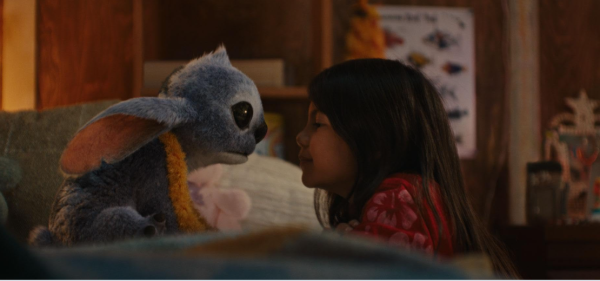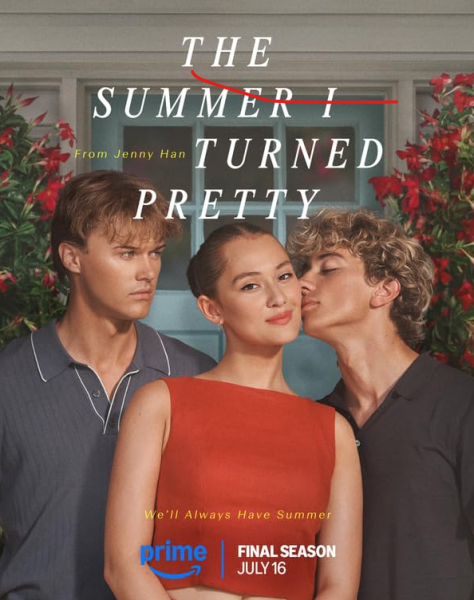Ed Sheeran wins copyright lawsuit
On May 2, Ed Sheeran won his lawsuit after being accused of copyright from his 2014 hit “Thinking Out Loud”. Sheeran’s Grammy-winning song was sued by the family of Marvin Gaye’s co-writer of the 1973 classic “Let’s Get It On,” Ed Townsend, who died in 2003.
The Townsend family attempted to convince the jurors that Sheeran had copied the melody, harmony and rhythm of the song. According to a May 4 New York Times article, Sheeran testified with a guitar, proving that he did not copy the sheet music and that “Thinking Out Loud” was independently created with friend and collaborator Amy Wadge.
“Issues of copyright infringement can be challenging to navigate when it comes to music,” orchestra director Caitlin Shroyer said. “Music is a very creative medium, but all creativity relies on a foundation…It would be like saying that one student plagiarized their five paragraph essay simply because another student also used the same five paragraph format.”
Sheeran described the chords as “common building blocks” that both songs used. To prove his claim, he went on to perform a mash-up of his songs and Marvin Gaye’s, demonstrating how typical the four-chord progression was used for his hit as well as many others.
The two songs do share a similar chord pattern, but this basic musical element has already been utilized in numerous hit songs, such as “I Feel Fine” by the Beatles and “Crocodile Rock” by Elton John. The chord progression was proven to be too common to merit copyright protection.
“I feel like in the songwriting community, everyone sort of knows that there’s four chords primarily used,” Sheeran said in an interview with Zach Lowe. “And there’s eight notes.”
“Most pop songs can fit over most pop songs,” Sheeran said. “You could go from ‘Let It Be’ to ‘No Woman, No Cry’ and switch back.”
This victory is not just important to Sheeran but for all songwriters and consumers of music. The case raised questions about the limits of copyright protection and the similarities between songs. Artists do not know how to protect themselves from lawsuits, such as Sheeran’s. It has also raised questions about what is the criteria for determining whether a song is considered copyright or similar to another song.
The case showed that even if a song is not identical to another, it can still be considered an infringement if it is significantly similar. This could influence future cases and the restraints on similar songs before they are considered copyright infringements.
Photo credit: “Ed Sheeran – Hovefestivalen 2012” by NRK P3 is licensed under (CC BY-NC-SA 2.0)






